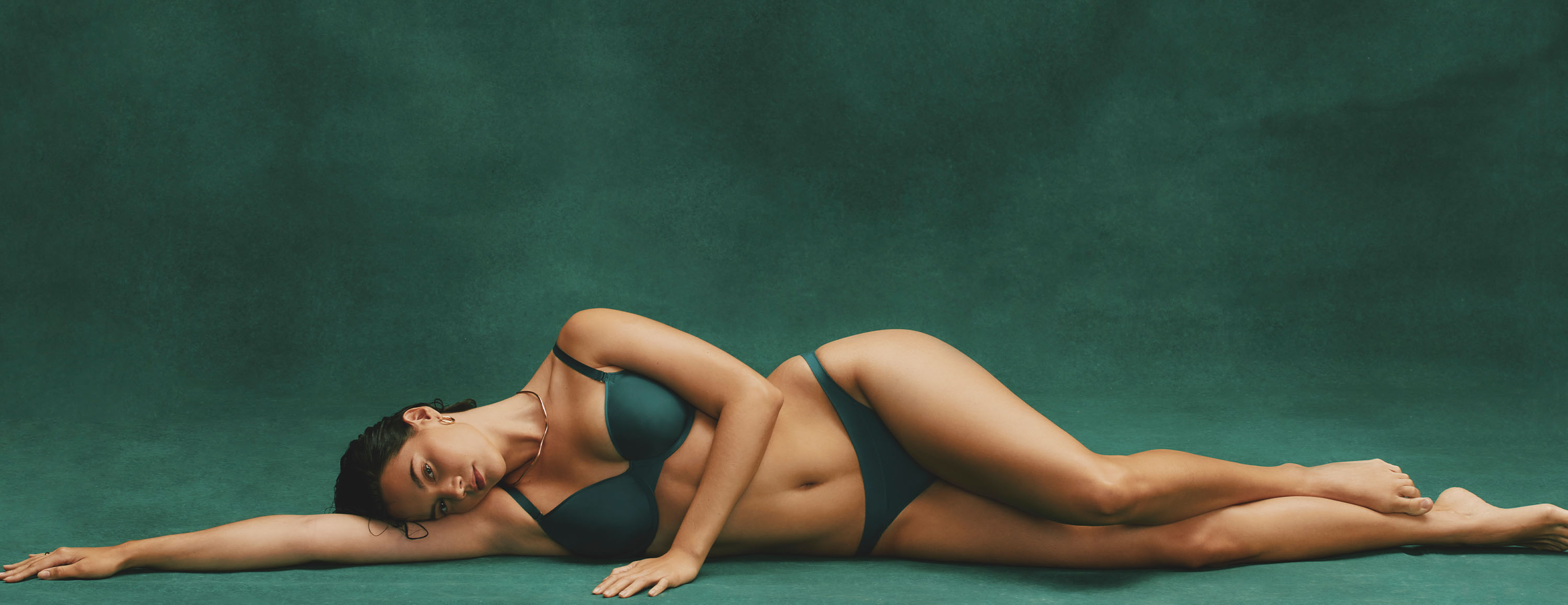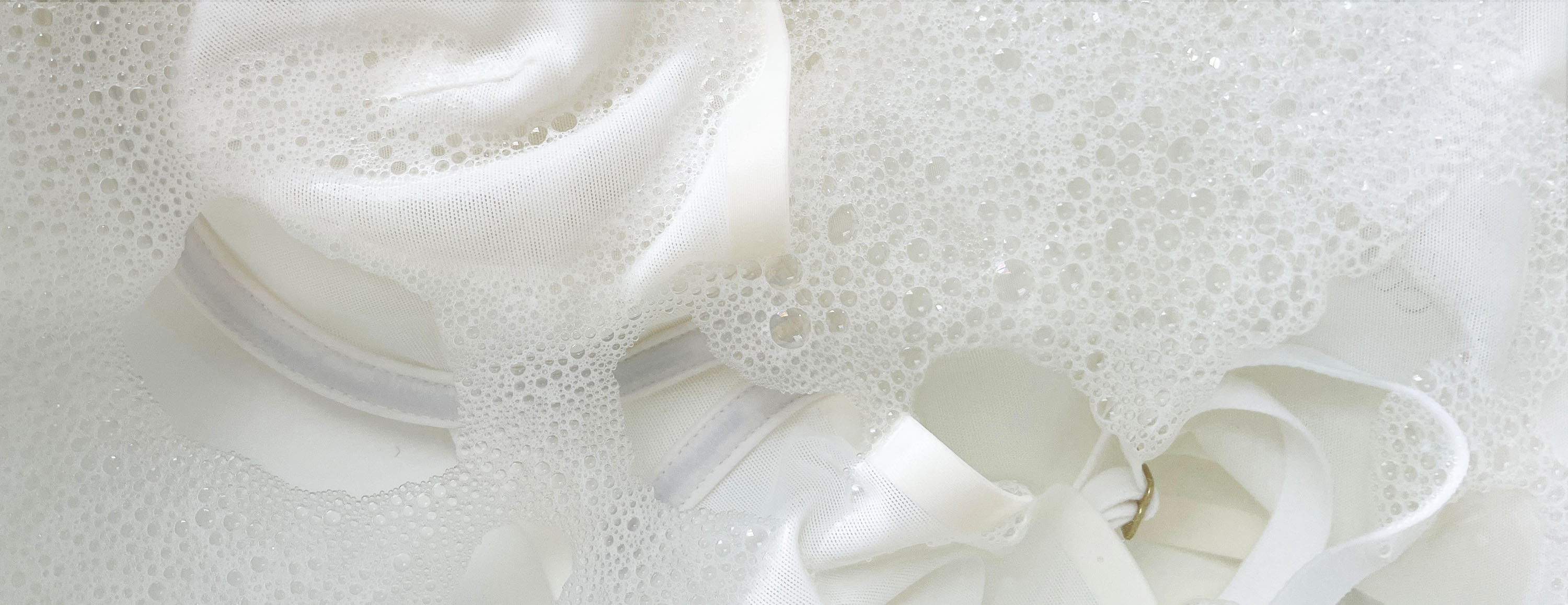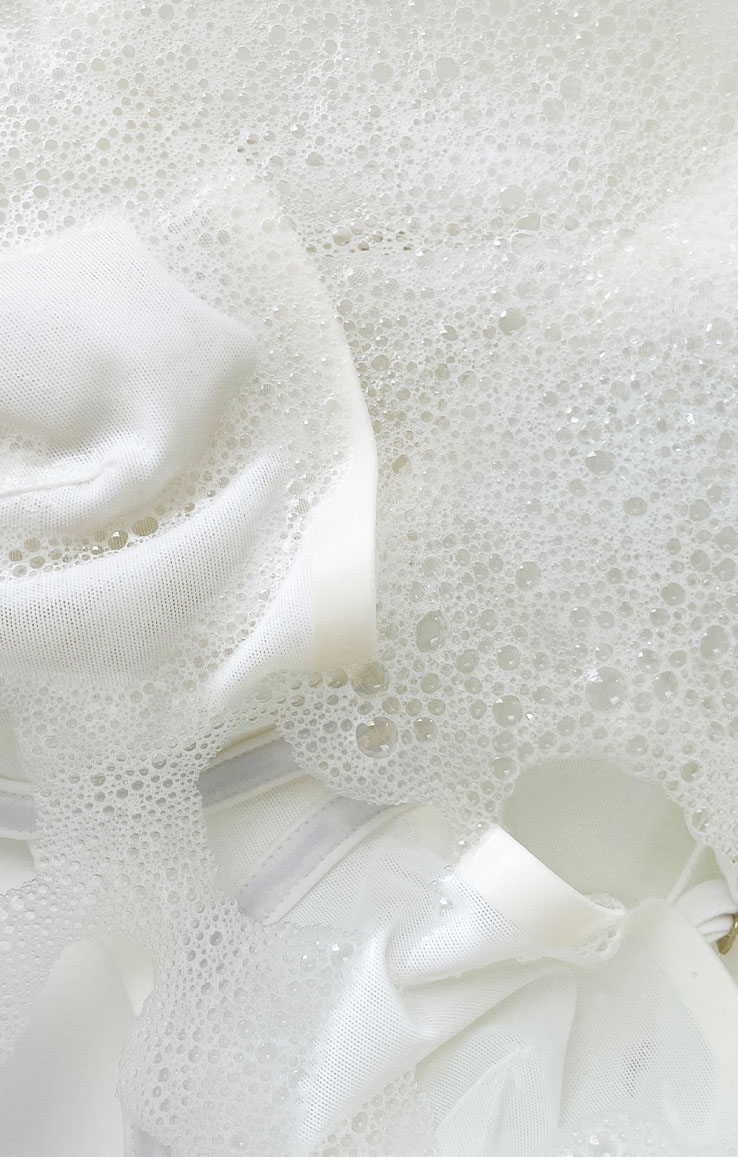Discover CUUP: Stylish, Luxurious, and Comfortable Bras Made to Fit You
Welcome to CUUP, your ultimate destination for luxury bras that redefine comfort and style. Our bras, known for their natural shaping, provide elevated comfort and unparalleled support in a range of modern and minimal silhouettes. Whether you’re in search of the perfect Mesh bra, a flattering Plunge bra, or the ever-comfortable Scoop bra, our collection offers a diverse range to suit every body type.
Your Search for the Perfect Bra Ends Here
Crafted with precision and an eye for detail, CUUP bras are a perfect blend of style, function, and innovation. Discover our range of bras that not only accentuate your natural form, but also prioritize all-day comfort and true support. Explore our latest collections, featuring best-selling bras, expertly designed to be a seamless first layer or bold style statement in a range of everyday neutrals and on-trend fashion colors. .
Revolutionary Support Across 53 Sizes: Find Your Perfect CUUP Fit
Founded on a mission to redefine support, CUUP has pioneered a dynamic sizing system that encapsulates the essence of modern innovation. With a comprehensive array of 53 sizes, we celebrate diversity, ensuring every woman finds their perfect fit, blending unmatched style and comfort.
Embrace Your Sensuality with Confidence and Style
At CUUP, we believe that sensuality and sexiness are self-defined. Our silhouettes empower you to embrace your personal identity and style, promising not just a product, but an experience that nurtures self-love and confidence. Rediscover the power of dressing for yourself, and feeling stylish and supported in your first layer.
Shop CUUP Today: Where Luxury Meets Unbeatable Elevated Comfort
Dive into the world of CUUP, where every piece we craft is a statement of luxury, comfort, and style. Feel confident finding your perfect fit in innovatively designed silhouettes made from the very best fabrics with smooth, lightweight second-skin softness.
Join us at CUUP, where every detail is tailored to celebrate you. Shop today and experience the revolution in intimates.








